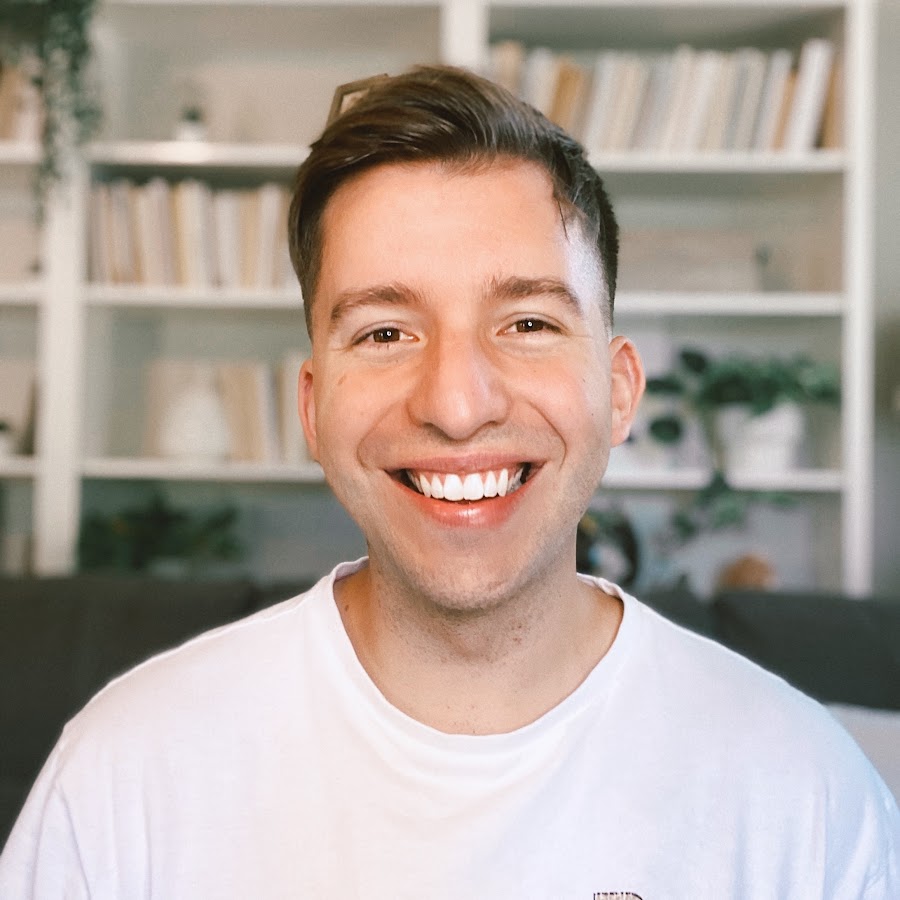
When You’re Weary: Finding Hope in Depression and Faith with Jacob Coyne

Check out the featured post and read more here: https://www.crosswalk.com/faith/mental-health/when-youre-weary-finding-hope-in-depression-and-faith-with-jacob-coyne.html
It’s a Sunday morning, but nothing about the sun peeking through the clouds feels joyful. You went to bed early, but sleep never came. Your thoughts spiral, and your mind is fuzzy. You want to go to church, but you feel too heavy. No one seems to understand, and if you mention anxiety or depression, you’re told to “pray and read your Bible more.” Frustrated, you pull the covers over your head and hope for rest.
Can you relate?
According to the National Council for Mental Wellbeing, you’re not alone. 1 in 5 U.S. adults experiences mental illness each year. 50% of all lifetime mental illnesses begin by age 14, and 75% by age 24. In 2023, 20% of high school students seriously considered suicide, and Christians aren’t exempt. Lifeway Research found that 64% of evangelical Christians and 54% of all Americans believe churches should do more to prevent suicide.
Faith communities are often the first place people turn for help, and that’s a good thing. But only 15% of pastors feel “very” equipped to help someone in their congregation who’s dealing with trauma (Barna). The number of congregants who feel prepared to handle mental health issues is even lower.
Churches can fill important gaps in mental health care, yet research shows there’s still a great need for practical, lasting support. While many people of faith turn to clergy and professionals, some avoid therapy altogether due to misunderstanding, misinformation, or lack of trust. It’s time for faith and mental health communities to work together. That’s where Jacob Coyne and Glorify’s new course, When You’re Weary, offers a fresh response.
The Story Behind Stay Here
Jacob knows this tension well: the space between light and darkness, surrender and shame, seeking help or hiding away. As a believer, Jacob had no grasp on suicide until tragedy struck close to home.
“I lost my Uncle Gregg to suicide in 2015,” Jacob shared. “Three years later, my stepbrother died from a drug overdose, followed by two of my students, and then my friend Jarrid Wilson in 2019. By that time, it was the last straw. After Jarrid died on World Suicide Prevention Day, I decided I was going to learn why people do it, and if we can actually stop and prevent it.”
Determined to turn pain into purpose, Jacob launched Stay Here in 2020—a non-profit mental health movement dedicated to creating a suicide-free generation. Its mission: To stop suicide in every generation until suicide no longer exists.
Since then, Stay Here has trained nearly 100,000 people in suicide prevention. Their goal is to reach 10,000 schools and churches, as well as 1 million individuals.